Dogs are often considered part of the family, and as responsible pet owners, it’s natural to wonder about their dietary needs and what treats are safe for them to consume. Almonds, a popular snack among humans, may also pique the curiosity of dog owners. Can dogs eat almonds safely? Are there any risks associated with feeding almonds to our furry friends? Let’s delve into this topic with a comprehensive guide to ensure the health and well-being of our canine companions.
Contents Overview
Understanding Almonds
Almonds are tree nuts that belong to the Prunus genus and are native to the Middle East. They are rich in nutrients such as protein, healthy fats, fiber, vitamins, and minerals. Almonds are commonly consumed raw, roasted, or as ingredients in various dishes, snacks, and baked goods.
Can Dogs Eat Almonds?
While almonds aren’t inherently toxic to dogs, they’re not recommended as a regular part of their diet. Almonds present several potential risks and drawbacks when it comes to canine consumption:
- Digestive Issues: Almonds are difficult for dogs to digest due to their hard texture and high fat content. Consuming almonds may lead to gastrointestinal discomfort, including stomach upset, diarrhea, or vomiting.
- Choking Hazard: The hard texture of almonds poses a choking hazard for dogs, especially small breeds or those prone to gulping their food without chewing thoroughly.
- Pancreatitis Risk: The high-fat content in almonds can increase the risk of pancreatitis in dogs, a serious inflammatory condition that affects the pancreas.
- Obstruction Risk: If a dog ingests whole almonds or large almond pieces, there’s a risk of intestinal obstruction, which requires immediate veterinary attention and may necessitate surgery.
Given these potential risks, it’s best to err on the side of caution and avoid feeding almonds to dogs altogether.
How to Safely Feed Almonds to Your Dog
If you choose to feed almonds to your dog, it’s essential to do so in moderation and with caution. Here are some tips for safely incorporating almonds into your dog’s diet:
- Plain, Unsalted Almonds: Offer small amounts of plain, unsalted almonds as an occasional treat. It’s best to chop or crush the almonds into smaller pieces to reduce the risk of choking and aid in digestion.
- Almond Butter: Unsweetened, plain almond butter can be a safer alternative to whole almonds, as it is softer and easier for dogs to consume. However, it should be fed sparingly due to its high fat content.
- Monitor for Reactions: Keep an eye on your dog for any signs of digestive upset, choking, or allergic reactions after consuming almonds. If you notice any adverse effects, discontinue feeding almonds and consult your veterinarian.
Alternatives to Almonds
While almonds may not be suitable for canine consumption, there are plenty of safe and healthy alternatives to consider as occasional treats for your dog:
- Dog-Safe Fruits: Many fruits are safe for dogs and provide essential nutrients. Opt for treats like apples, bananas, blueberries, or strawberries, but remember to remove seeds, pits, and cores, which can pose choking hazards.
- Vegetables: Dogs can enjoy a variety of vegetables, such as carrots, green beans, cucumbers, and pumpkin. These crunchy snacks are low in calories and rich in vitamins and fiber.
- Commercial Dog Treats: There are countless commercially available dog treats formulated specifically for canine nutritional needs. Look for treats made with wholesome ingredients and free from artificial additives or preservatives.
- Plain, Unsalted Peanut Butter: Peanut butter is a favorite treat for many dogs, but make sure it’s free from xylitol, a sweetener that’s toxic to dogs. Serve peanut butter in moderation, as it’s high in calories.
By offering these alternatives, you can provide your dog with tasty treats that are both safe and nutritious.
Bottom Line
In conclusion, while almonds may seem like a harmless snack, they’re not suitable for canine consumption due to potential digestive issues, choking hazards, and the risk of pancreatitis or intestinal obstruction. As responsible pet owners, it’s essential to prioritize your dog’s health and well-being by offering them safe and nutritious treats tailored to their dietary needs. By opting for dog-friendly fruits, vegetables, or commercial treats, you can indulge your furry friend without compromising their health. Remember, when it comes to your dog’s diet, it’s always best to consult with your veterinarian for personalized guidance and recommendations.

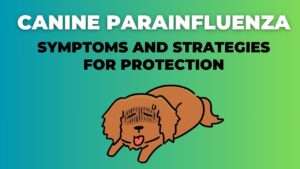
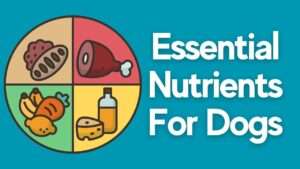
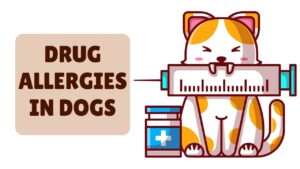
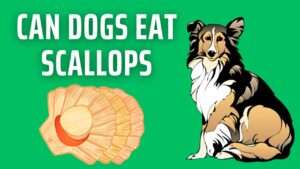


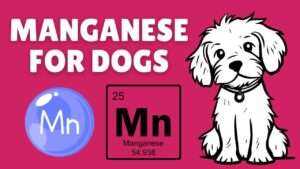
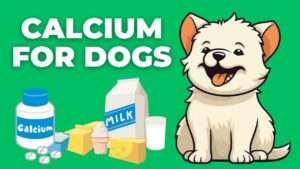



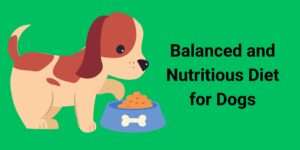
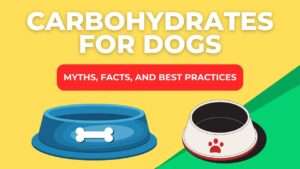

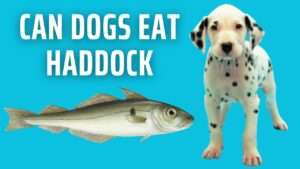
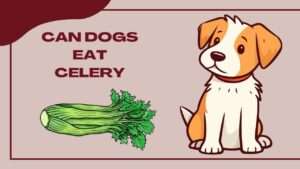

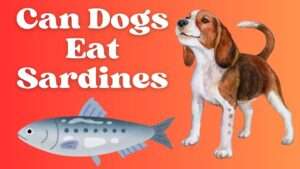









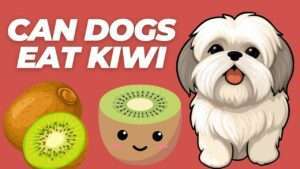







+ There are no comments
Add yours